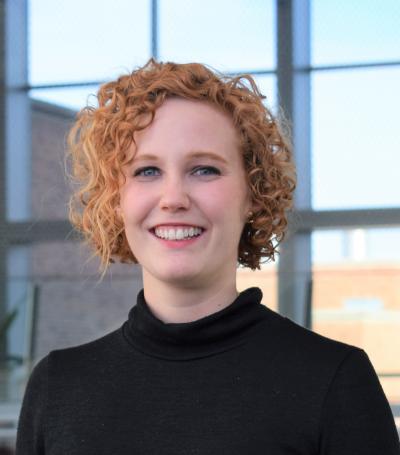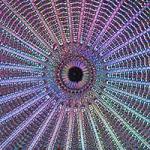
Research Topics
The Laboratory of Imaging Technology Program, led by Dr. Adrienne Campbell-Washburn, focuses on the development of novel MRI technology for cardiac imaging, lung imaging, and MRI-guided cardiovascular catheterization procedures. The lab uses a custom high-performance 0.55T MRI system as well as clinical MRI systems. Specifically, Dr. Campbell-Washburn’s lab develops rapid non-Cartesian imaging methods, inline artifact corrections, and advanced image reconstruction methods which use contemporary computational power integrated into the clinical environment via the Gadgetron (https://github.com/gadgetron/gadgetron). The lab emphasizes translation of new methods to clinical applications through collaboration with interventional cardiologists, imaging cardiologists, pulmonologists, radiologists and critical care physicians.
Biography
Dr. Adrienne Campbell-Washburn graduated with her B.Sc. in physics from the University of Western Ontario (Canada), and received her PhD in Medical Physics from University College London (UK). She joined NHLBI in 2013 as a postdoctoral fellow in the Laboratory of Cardiovascular Interventions. Dr. Campbell-Washburn was appointed Staff Scientist in 2016 and director of the MR Technology Program in 2017. As of 2020, Dr. Campbell-Washburn became an Earl Stadtman Investigator in NHLBI and the chief of the MRI Technology Program. Dr. Campbell-Washburn is a Junior Fellow of the International Society for Magnetic Resonance in Medicine, a member of the Society for Cardiovascular MRI, and member of the Magnetic Resonance in Medicine editorial board. Her lab has pioneered 0.55T MRI technology for imaging the heart and lungs.
Selected Publications
- Campbell-Washburn AE, Ramasawmy R, Restivo MC, Bhattacharya I, Basar B, Herzka DA, Hansen MS, Rogers T, Bandettini WP, McGuirt DR, Mancini C, Grodzki D, Schneider R, Majeed W, Bhat H, Xue H, Moss J, Malayeri AA, Jones EC, Koretsky AP, Kellman P, Chen MY, Lederman RJ, Balaban RS. Opportunities in Interventional and Diagnostic Imaging by Using High-Performance Low-Field-Strength MRI. Radiology. 2019;293(2):384-393.
- Seemann F, Javed A, Khan JM, Bruce CG, Chae R, Yildirim DK, Potersnak A, Wang H, Baute S, Ramasawmy R, Lederman RJ, Campbell-Washburn AE. Dynamic lung water MRI during exercise stress. Magn Reson Med. 2023;90(4):1396-1413.
- Javed A, Ramasawmy R, O'Brien K, Mancini C, Su P, Majeed W, Benkert T, Bhat H, Suffredini AF, Malayeri A, Campbell-Washburn AE. Self-gated 3D stack-of-spirals UTE pulmonary imaging at 0.55T. Magn Reson Med. 2022;87(4):1784-1798.
- Daudé P, Ramasawmy R, Javed A, Lederman RJ, Chow K, Campbell-Washburn AE. Inline automatic quality control of 2D phase-contrast flow MRI for subject-specific scan time adaptation. Magn Reson Med. 2024;92(2):751-760.
- Bandettini WP, Shanbhag SM, Mancini C, McGuirt DR, Kellman P, Xue H, Henry JL, Lowery M, Thein SL, Chen MY, Campbell-Washburn AE. A comparison of cine CMR imaging at 0.55 T and 1.5 T. J Cardiovasc Magn Reson. 2020;22(1):37.
Related Scientific Focus Areas

Biomedical Engineering and Biophysics
View additional Principal Investigators in Biomedical Engineering and Biophysics
This page was last updated on Tuesday, March 3, 2026